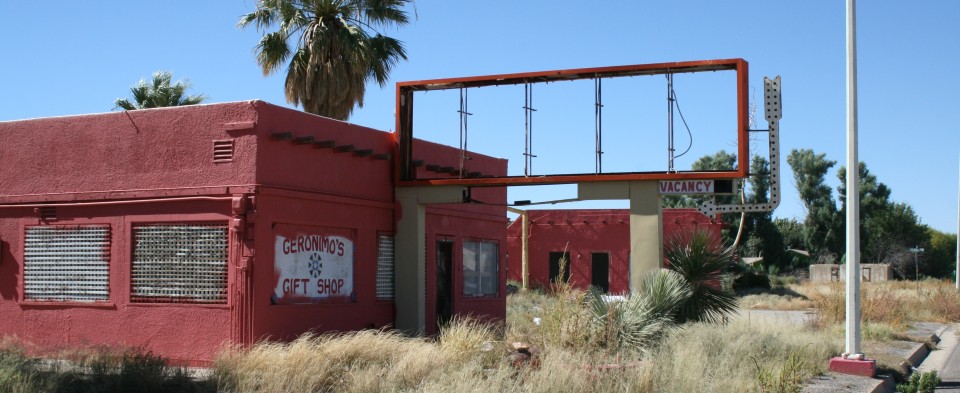My second major research project, for which I developed the first ideas in 2010, discusses US firsthand war narratives, as well as public discourse about war experience and how US military personnel and veterans share this experience with civil society. Over time the project ballooned from a study of US soldier blogs to an analysis of activist scholarship on war experience, of soldier blogs and social media, to a set of scripts and cultural practices around returning from war and dealing with one’s experience that I have termed “homecoming scenarios.” The project culminated in a monograph titled Ceremonial Storytelling. Ritual and Narrative in Post-9/11 Wars, published with Peter Lang Publ. in March 2019.
Milblogs are weblogs of American soldiers written from the combat zone. They are a significant new text type in contemporary American culture which is characterized by its self-consciousness and self-confidence both in terms of textual referentiality and community-building. In the last few years, emphasis of online war narratives seems to have shifted to Facebook, Twitter, and YouTube, but, for the time being, milblogs will continue to be my major primary source. I also focus on Afghanistan, rather than Iraq: a) most scholars of the early, uncontrolled, “wild” phase of blogging have discussed Iraq blogs, and I wanted to follow less well-trodden paths, b) although the German military has been very tight about private online-communication from the combat zone until very recently, I hope to have a point of transatlantic comparison one day, so it seemed best to chose a combat zone were more international contingents are/were present.
I understand milblogs as interactive, performed, and ceremonial narratives. The project analyzes how the interactive narration of war experience enables community-building in the blogs. It explores how these communities constitute themselves through a self-reflective examination of their own narrative effort and interaction, how these narratives help negotiate group identities and social values, and how they contribute to the civil (re-)integration of soldiers.
My postdoc project employs an approach of cultural comparison as it correlates milblogs with the rituals of North American indigenous warrior traditions. Several Native American cultures have retained or revived a tradition of performative and narrative ceremonies related to war and warriorhood until today. These ceremonies are an integral part of current cultural practices of Native members of the US armed forces in the current conflicts. Scholarship on warrior traditions in Native American studies has pointed out that the ceremonies, along with the relationship between warriors and their indigenous communities, have positive effects on symptoms of combat-related stress. They suggest that analyses of combat-related stress and PTSD among non-Native veterans should take into account the cultural importance of ceremonial reintegration, that is, of ritual performance and narrativity. Following this approach, my study explores the specific narrative textuality, cultural work, and therapeutic potential of milblogs by employing a cultural and medial comparison with indigenous narrative ceremonies and with “Western” traditions of soldier reintegration and veteran’s affairs.
Homecoming Scenarios: I realized that milblogs often end as the soldiers return home. They mostly cover deployment, but rarely the struggles of homecoming and reintegration. Hence I looked for texts and practices in which homecoming and reintegration into civil society are negotiated. I found diverse projects by civic activists which focus on the firsthand narration of experience. I read these activist projects as ‘homecoming scenarios,’ that is, as a growing corpus of medially and modally heterogeneous scripts of civic homecoming rituals, an agglomerate of diverse cultural practices. A scenario might negotiate homecoming experience in texts such as life writing, documentary films, or websites, but it also often requires embodied acts, such as town hall meetings, group therapy sessions, or visits to schools, which are then frequently debated on, amended, and archived in online texts. The ‘homecoming scenario’ comprises the sum and the synergistic cultural work of all these elements. It entails the narration of experience, but also the scripts of ritualized performances for the public discourse (i.e., as civilian audiences acknowledge veterans’ experience and embrace them in symbolic reconstructions of communal identity), as well as documentation and metanarrative promotion of these practices in multimedial text form.
The project was part of a case study within the Dresden-Leipzig research initiative “Selbst-Bewusste Erzählungen” on the textuality and social relevance of (contemporary) American narratives.

[…] glad to announce that two articles from my research on veterans and war narratives have been released recently. This work is part of the larger research initiative […]